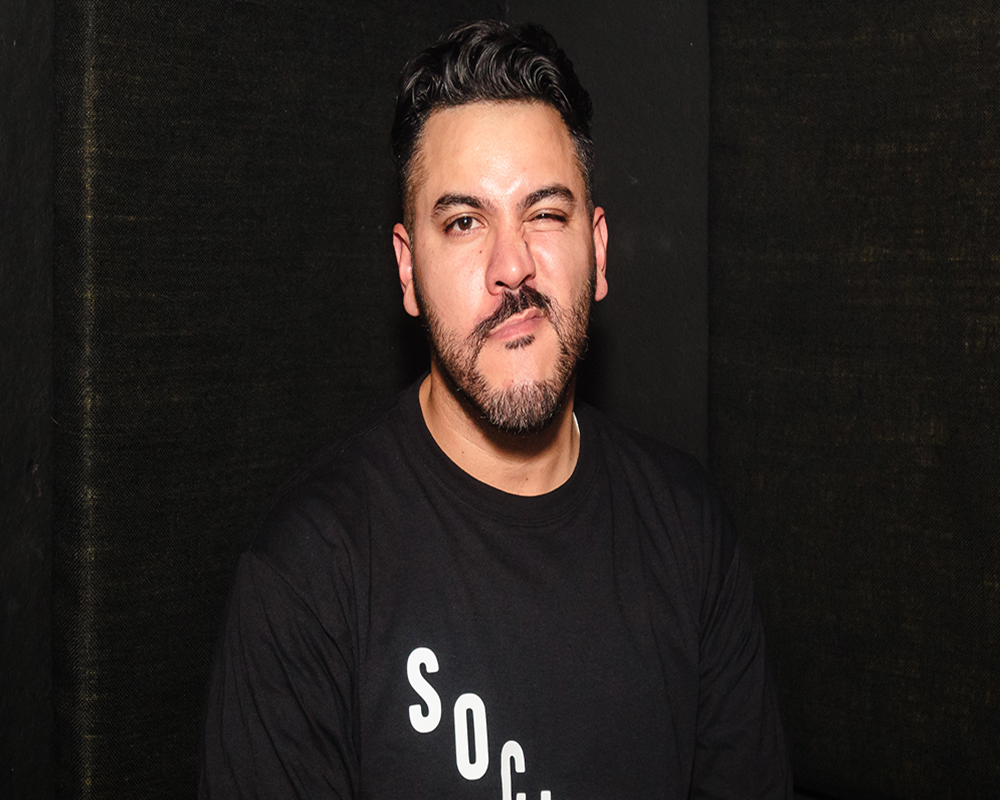
‘LL: How would you describe the economic crisis in Puerto Rico to those who don’t know what’s going on or understand it?
Christian: I think that Puerto Rico’s economy is a result of decades of neglect, decades of corruption – that’s part of it, but not the main thing even though that’s what people like to talk about. It’s basically an economy that was developed, designed and rolled out that did not benefit the people who lived in that economy. There’s been several things that have happened that led us to the situation we are in now. There were laws passed that benefited corporations going to Puerto Rico and then once that law went away those corporations went away as well, they went to where it was cheaper. Once that started happening the population started decreasing at that point, a lot of people started leaving. Then the government started borrowing money to the point where they have to pay it back and of course they don’t have any money to pay it back now. So, in that process Puerto Rico has never been allowed to actually develop itself because of things like The Jones Act that created these laws, the maritime laws and all this other stuff that really doesn’t benefit Puerto Rico, so it’s not able to develop an economy that’s beneficial to itself based on its reality.
‘LL: How do you bridge the gap between Puerto Ricans stateside and on the island? So many people here in the U.S. want to help but don’t know where to begin.
Christian: I think that’s one of the biggest challenges we are going to encounter because right now we are in the easy phases where we are just documenting, telling stories. There was a panel a few weeks back at the New School and we showed some of the clips. It was interesting because I liked the conversation that was happening amongst the younger people. I think for my generation we were so close to the 70’s and that movement and I think we got too stuck in it. I think we tried to recreate it and it doesn’t make sense now. So I think this younger generation is removed enough from that they are creating their own stories. There is a young friend of mine who is 24 and he was making comments at the panel making fun of the Young Lords, and that is unheard of. Are you crazy? We would never do that. Or even Albizu Campos or anything like that. To them they are creating their own stories but they definitely need guidance and I think that’s where we come in. The same way those before us kind of guided us, our responsibility is to do the same. We have to make those connections and have those conversations.
‘LL: What is the biggest resistance you’ve found? It seems like a lot of people on the island are scared to be independent.
Christian: That’s colonialism. That’s the short answer but also the real answer. That’s comes down to education and also giving people examples. I used to have this crazy idea of creating a movie demonstrating a free Puerto Rico. Their idea [Puerto Ricans] is that once we become free the U.S. is going to roll everything up in a big carpet and take all their sh*t. I also think explaining how that process is going to be. For us, we are outside of it and it’s easy to romanticize it. But how is that going to affect me on the everyday basis? I think that’s the conversation we need to be having. And actually talk about how it will benefit economically. Because a lot of times, it always a cultural argument, but also it’s a benefit for Puerto Rico to be free economically. I think that doesn’t happen enough. That’s why the movie idea would be like this is how we can be a free Puerto Rico, look at it and showcase that. And I think that’s the problem a lot of times, we get stuck on the past. I think it’s about talking to people and demonstrating why a free Puerto Rico benefits you: we can create a better economy that benefits us not them, more employment, better opportunities. I feel like that conversation never happens because if the argument is always led by people who grew up in revolutionary times their whole mentality is revolution and struggle. And it’s not about the struggle, it’s about the victory. If your strategy is based on struggle we are always going to be struggling. If your strategy is about victory we’re going to be victorious. That’s the issue.
